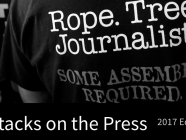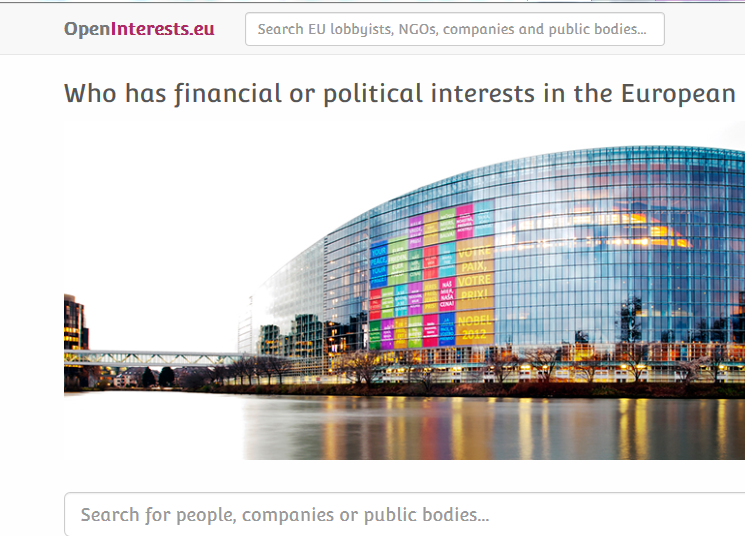Who will foot the hefty bill for changes taking place in the world of journalism?
This question lingers after the curtains close at Journalism 2002: Maintaining Professionalism, Regaining Credibility, a conference held in Vienna hosted by the Medienhaus-Wien and co-organized by the EJO and MAZ. Romanus Otte, former journalist and now general manager of Welt Online owned by German publishing group Axel Springer, is confident he knows the answer. “The same people who appreciate quality journalism today will continue to pay in the future,” he says. It will be an uphill struggle for certain. Strategies will be redefined and radical changes will be introduced, yet new opportunities make this era for journalism an exciting and stimulating adventure. Springer is a publishing powerhouse in Europe, and already outlined a clear strategy for the upcoming years. In 2009, the year of the crunch, revenue from the group’s national dailies grew exponentially, as did the readership, with a total of 3.7 million Web visits every month. Twenty percent of revenue is derived from online business.
Springer’s goal for 2015 is to bump this percentage up to 50-55 percent. With regard to pay walls, Otte says that the results of the experiments carried out by the Welt group in 2009 are promising. Three stand out in particular:
1. Introducing a pay system for the online edition of the Hamburg and Berlin dailies
2. Introducing fees for newsletter subscriptions
3. Introducing an iPhone application for classifieds in the Bild and Welt
In all three cases the group registered profits, which won’t make them rich, but indicate that they’re heading in the right direction. Strategies for tomorrow’s journalism must focus on online business, and these results prove that readers are willing to pay for quality content. In Otte’s opinion, the winning formula for editors comes with several requirements:
- Preserve funds for management and technical infrastructure
- Invest in a direct relationship with readers and advertisers, thus improving customer service
- Invest in e-commerce and be open to the many possibilities offered by the field
- Focus on the fundamental skills of the profession: investigative journalism, telling readers stories and providing reportage
- Share content on the Web
Alexis Johann, journalist with the Austrian Wirtschaftsblatt and Hermann Petz, economist and CEO of Moser Holding AG, agree on the introduction of a pay wall for content and emphasized the need to promote and carry out market research to establish the right price for digital products. This price must be sustainable for the editor but also attractive for readers. Petz was optimistic about print media as well; he believes the answer is to find the correct balance between revenue from the print and online business. This applies primarily to regional newspapers.
Thus, Vienna’s conference found unanimous agreement; journalists and academics alike believe journalism has a future. The secret is to ride along with the changes and new processes, not losing nerve in the face of difficulties but daring to invest in the countless opportunities that online journalism offers. We must destroy the belief that only print media is synonymous with quality. Insight from Wolfgang Blau, Alan Rusbridger, Philip Meyer, Romanus Otte, Antoni Maria Piquè and other participants from various journalistic cultures indicated that whether Europe or the USA, high quality isn’t reserved for print. The only option is to take heed of Romanus Otte’s irresistible optimism: “There will be important and radical shake-ups ahead, but it will be fun!”
Tags: Alan Rusbridger, Alexis Johann, Antoni Maria Piquè, Axel Springer, Financing Journalism, Hermann Petz Wolfgang Blau, Pay walls, Philip Meyer, Romanus Otte, Wirtschaftsblatt















































